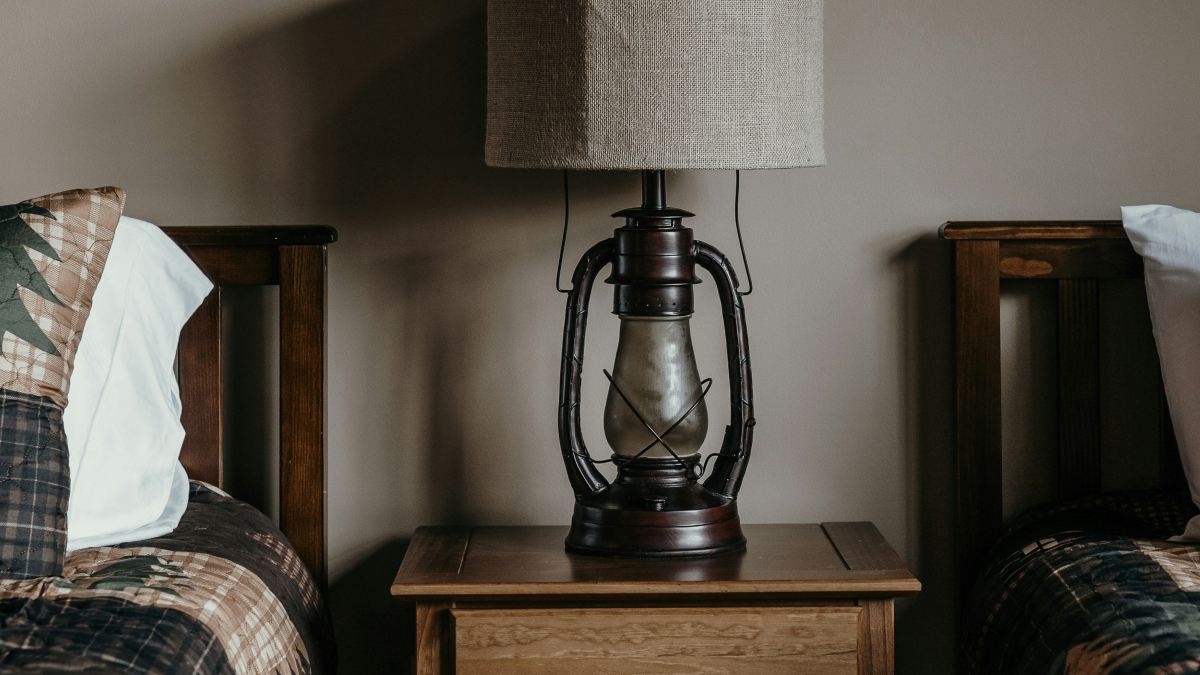
Could Cameron Diaz's 'Sleep Divorce' Routine Revitalize Your Relationship?
Separate beds don't always lead to separated partners. Research shows two ways that a 'sleep divorce' can bring you and your partner closer than ever before.

By Mark Travers, Ph.D. | January 26, 2024
In a recent episode of the "Lipstick on the Rim" podcast, Hollywood actress Cameron Diaz voiced support for separate bedrooms to maintain marital harmony. While advocating for normalized separate sleeping arrangements, Diaz's statement raised the age-old question: Is sharing a bed a necessary ingredient for a successful relationship or can separate sleeping arrangements enhance the harmony between partners?
While bedtime rituals like cuddling or talking before sleep offer opportunities for emotional bonding and physical closeness, a 2014 study published in Social Psychological and Personality Science highlighted a significant link between sleep and relationship dynamics. The findings revealed that if even one partner experiences a poor night's sleep, it can lead to increased conflicts.
This research underscores the importance of asserting one's personal space and needs in a relationship, not only for the individual's sake but also the health of the relationship. Here's two ways to walk the tight rope of personal and relational space with tact.
1. Understand What Personal Space Truly Means
Creating space doesn't mean drifting apart; instead, it's a good opportunity for individual growth that strengthens the bond. Specifically, personal space within a relationship implies taking time to prioritize oneself, engaging in activities that foster personal well-being and contribute to a positive mindset. It is an essential element that not only preserves individual identity but also enhances the overall health of the partnership.
According to a study published in Personality and Social Psychology Bulletin, a thriving relationship requires a balance between maintaining individual identity (a sense of self) and cultivating a close emotional connection with a partner. That is to say, when individuals experience autonomy (the ability to act independently), the positive impact of maintaining a strong connection with their partner becomes more pronounced. In essence, a healthy relationship integrates personal growth and self-expression alongside a deep and meaningful connection between partners.
To achieve personal space, allocate specific time slots for alone time and introduce novel activities during "me time." Taking solo trips without feeling guilty or obligated to always travel with your partner is an effective strategy. While apart, maintain your relationship by being honest and open about your destinations and activities, avoiding the need to hide or lie.
2. Understand Your Partner's Need For Space
When your partner expresses the need for space, approach the conversation with genuine curiosity instead of defensiveness. Identify the root cause, whether it's work-related stress, a desire for more time with friends or a general need for breathing room, to establish a foundation for a healthy balance.
To determine the right amount of space, engage in open communication and be prepared to compromise. A study published in Journal of Social and Personal Relationships underscores the importance of recognizing and addressing the unique aspects of individuals' experiences of closeness (or distance) for enhancing the quality of romantic relationships. This suggests that a one-size-fits-all approach may not be effective, highlighting the need for a personalized understanding of closeness and distance to promote relational satisfaction and well-being.
Facilitate open dialogue with your partner to establish specific needs and boundaries for their space. While compromise is crucial, it's vital to ensure that the arrangement does not significantly disrupt your lives. Assess the overall health of the relationship, especially if there is a history of toxic behavior, cheating or manipulation. While most requests for space are reasonable, understanding your partner's typical behavior and the dynamics of your relationship will guide you in interpreting the request appropriately.
Conclusion
Separating from a shared bed doesn't mean severing your connection. To navigate this transition smoothly, maintain regular check-ins to ensure that personal space doesn't create emotional distance but rather strengthens your commitment. Effective communication remains the linchpin of a thriving relationship. Also, preserve the shared bed for moments of quality time and connection, extending its purpose beyond merely a place for sleep.
Unsure if your relationship is lacking in open communication and authenticity? Take the evidence-based Authenticity In Relationships Scale to find out.
A similar version of this article can also be found on Forbes.com, here.
